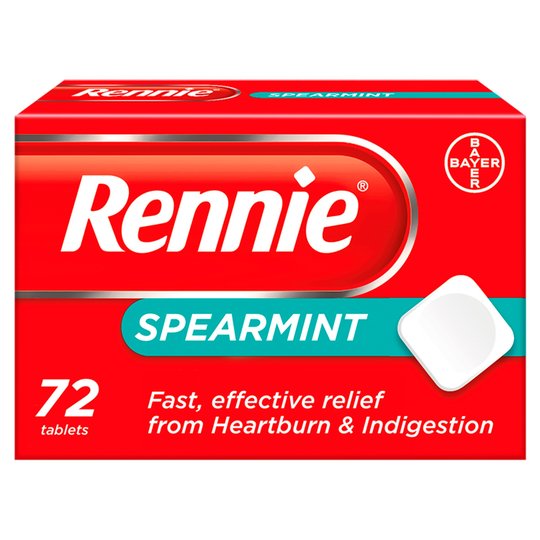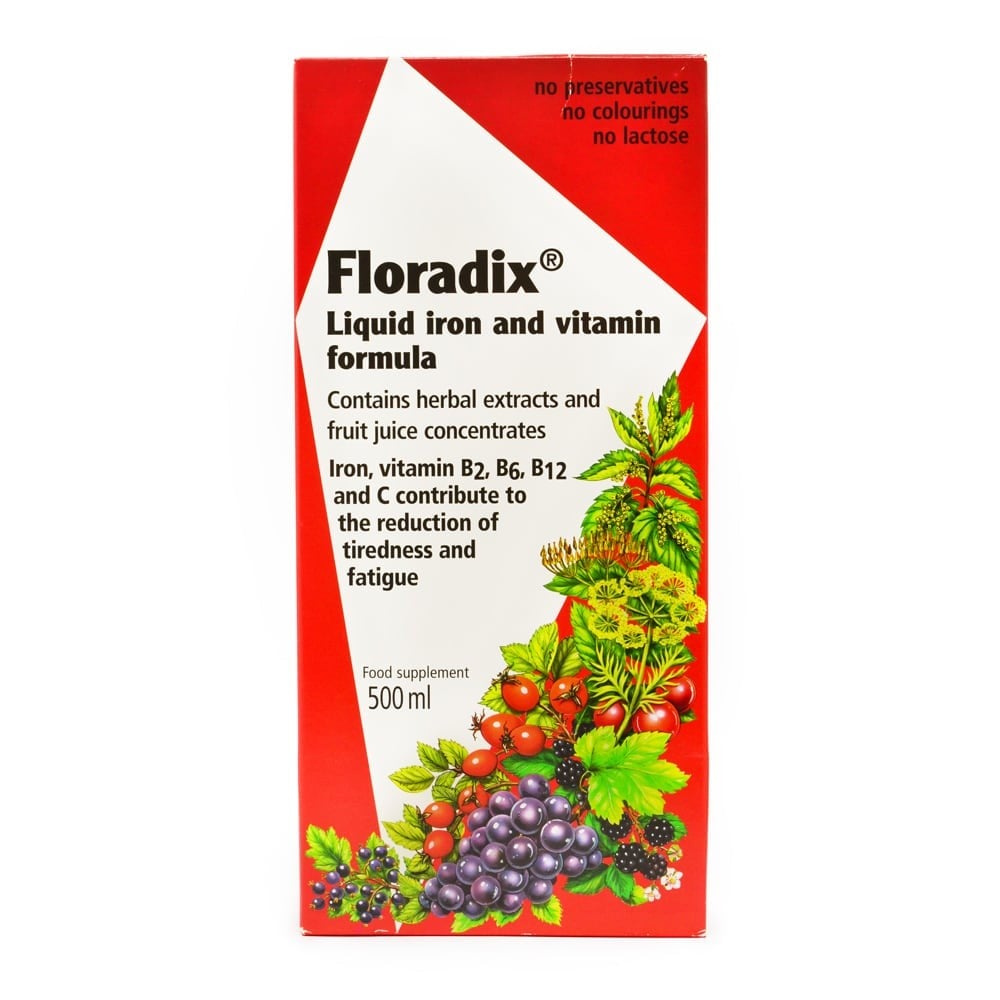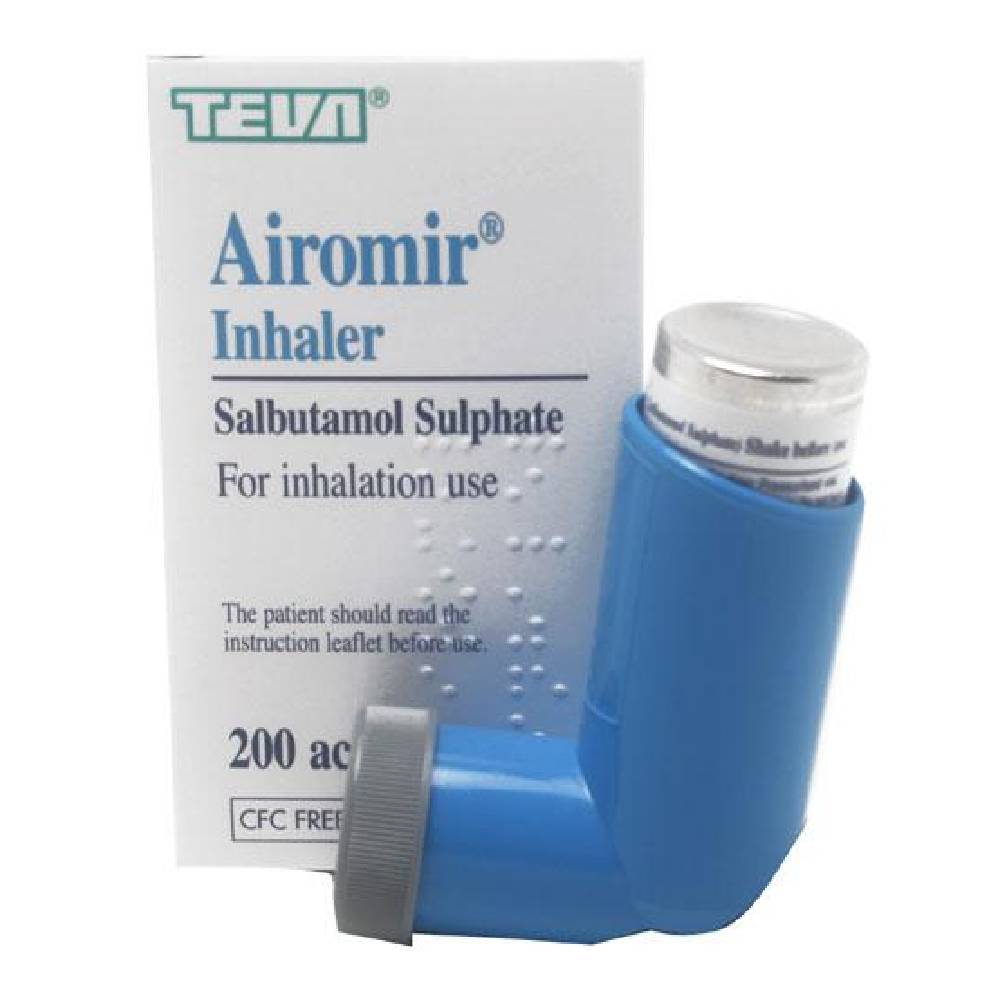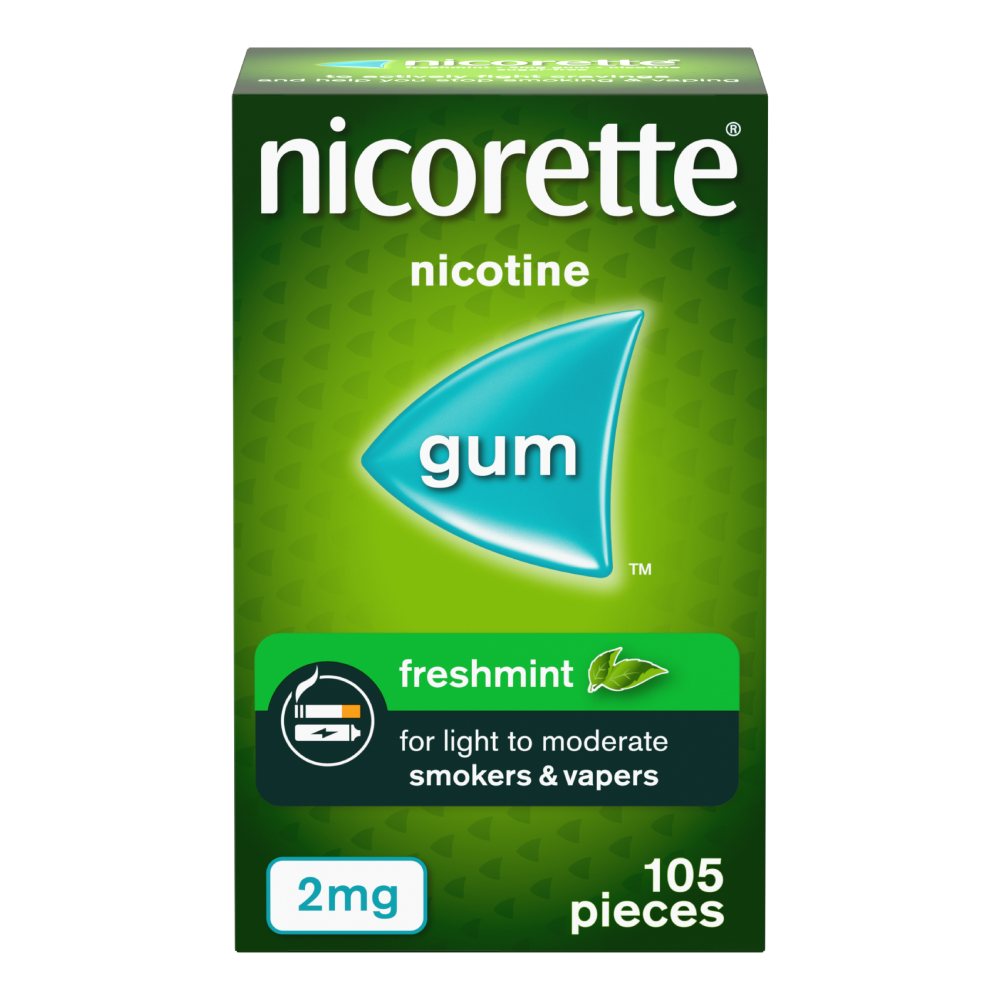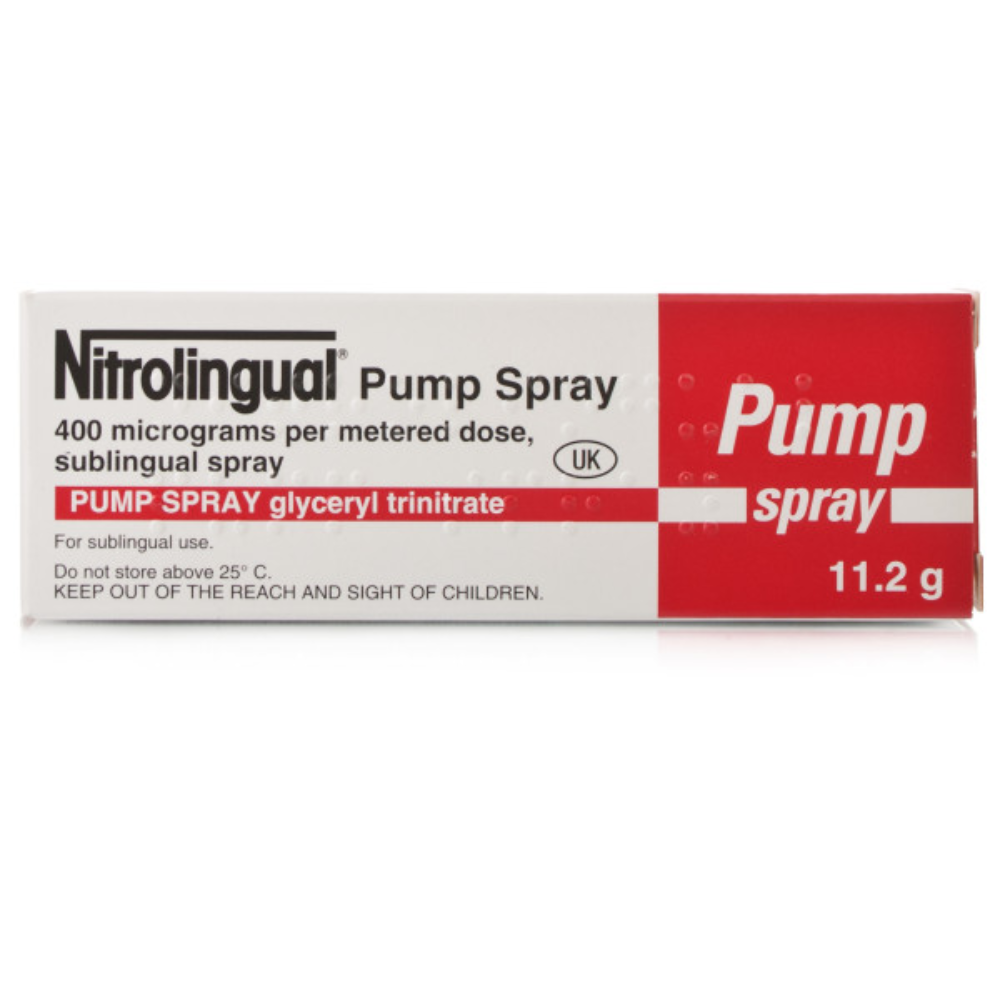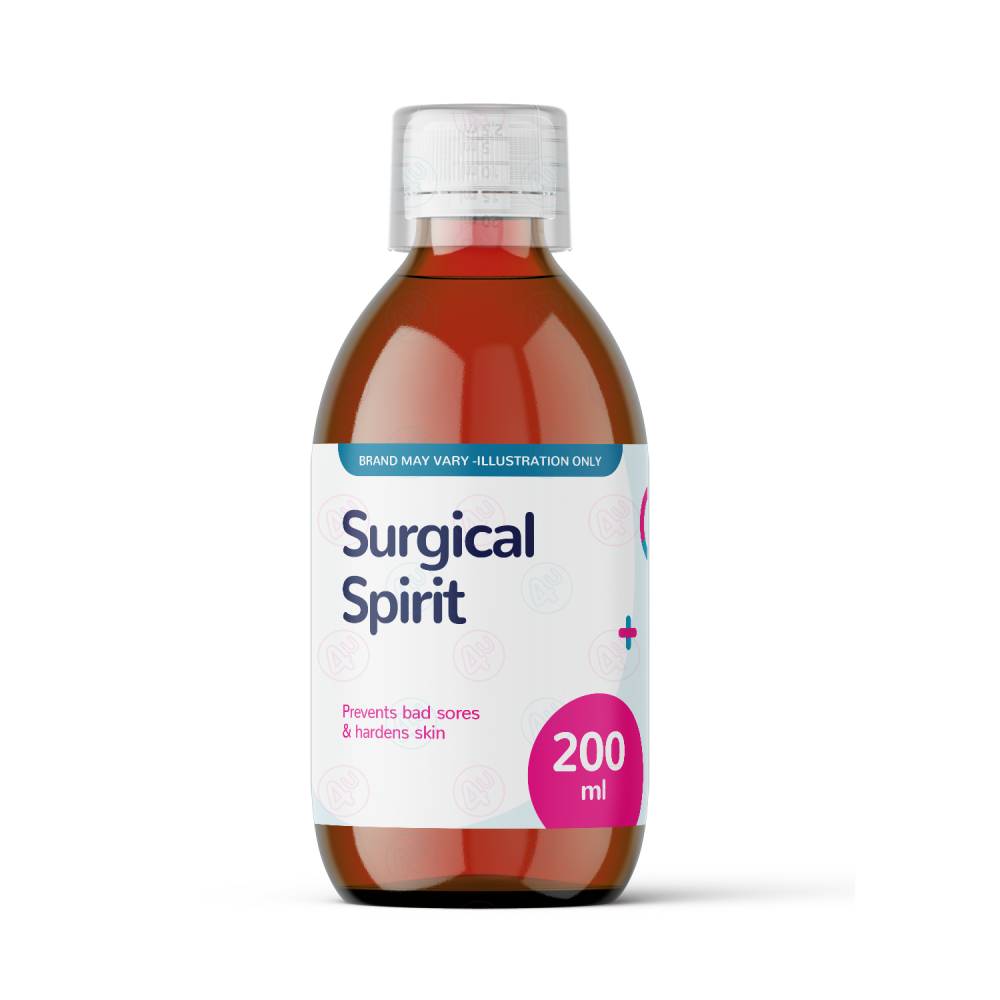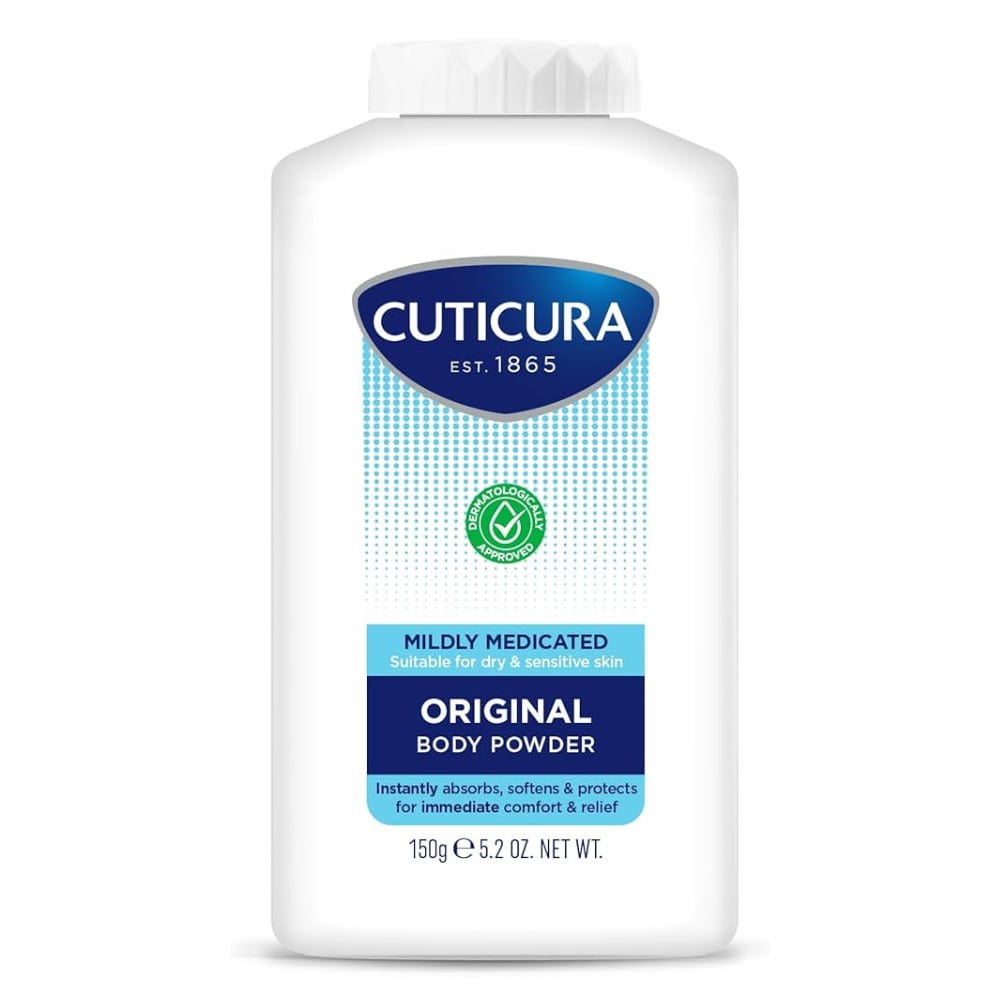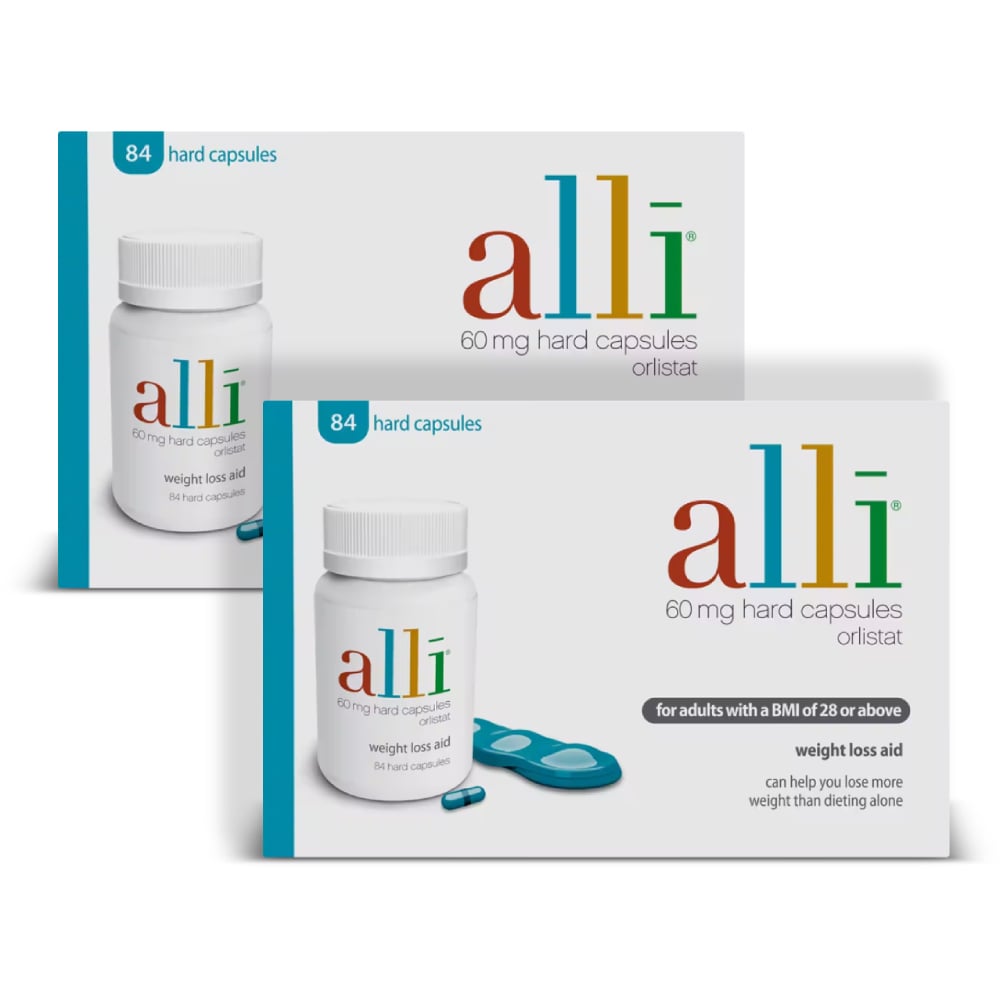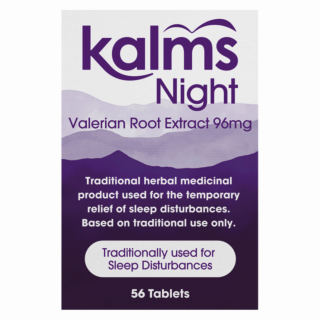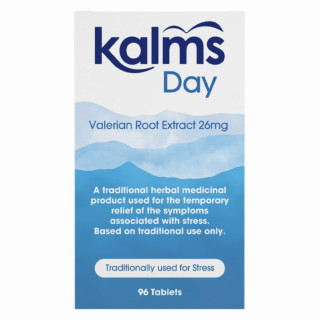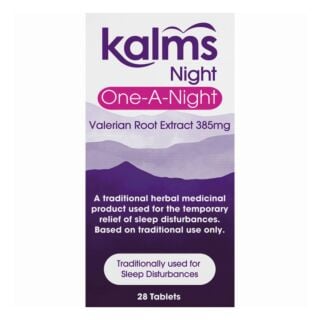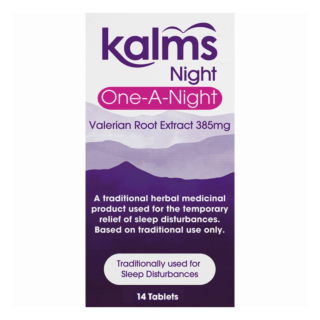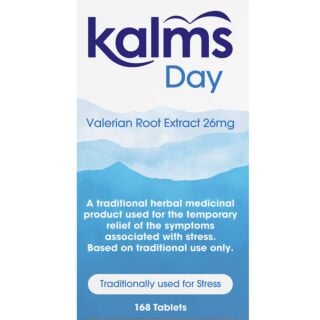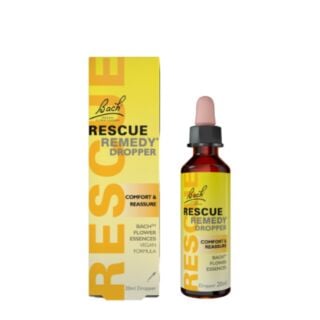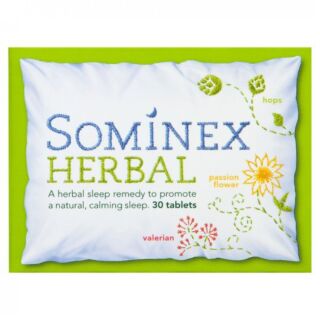Anxiety
Feeling fear and dread in scary or stressful situations is completely normal.1,2 But people with anxiety disorders often feel those things in response to everyday situations.1 As a result, anxiety disorders cause fear that is out of proportion to the situation.3 … Read More See less
There are several different types of anxiety disorders, based on whether the anxiety you experience is related to a specific situation or stimuli or more generalised.3 Cumulatively, anxiety disorders are the most common psychiatric disorders.4 But generalised anxiety disorder (GAD) occurs most often in high income countries, with a lifetime prevalence of 1–7% in Europe.4
Anxiety disorders don’t discriminate, affecting children, adolescents and adults alike.3 However, around two thirds of people diagnosed with GAD are female.4
No matter who you are, or which type of anxiety disorder you’re struggling with, if anxiety is affecting your daily life, you deserve support. Let’s discuss what anxiety is, the symptoms of anxiety, medications for anxiety and how to deal with anxiety.
What is anxiety?
Anxiety is a feeling of unease, worry or fear that can be experienced through your thoughts, feelings and physical sensations.5,6 It is an entirely natural human response to stressful or threatening stimuli, caused by your fight, flight or freeze response.6
Your fight, flight or freeze response is your body’s way of protecting you from danger by releasing stress hormones, such as cortisol and adrenaline.6 These hormones:6
- Make you feel more alert, so you can act more quickly
- Make your heart beat faster, so it can send blood to where it's needed most
However, anxiety can turn into a mental health condition if it affects your ability to live your life as fully as you want to.6
For example, you may have an anxiety disorder if:3,6
- Your feelings of anxiety are very strong or last for a long time
- Your reactions are out of proportion to the situation
- You avoid places or situations that might cause you to feel anxious
- You can’t control your responses to situations
- You regularly experience symptoms like panic attacks
- Anxiety interferes with your ability to function
If your anxiety is related to a specific situation or stimuli, you might be diagnosed with a particular anxiety disorder.6 But you can experience the symptoms without having a specific diagnosis.6
Types of anxiety disorders
The Diagnostic and Statistical Manual of Mental Disorders (DSM-5) is the reference manual for diagnosing mental health conditions.3 According to the DSM-5, there are several different types of anxiety disorders, including:3,7
- Generalized anxiety disorder – causes excessive, frequent and disproportionate anxiety about a variety of everyday things. This is the most common anxiety disorder
- Agoraphobia – an intense fear of becoming overwhelmed or unable to escape or get help in large open spaces or anywhere outside your own home. This can cause people with agoraphobia to avoid new places and unfamiliar situations
- Panic disorder – panic attacks that occur without warning and aren’t due to another condition
- Phobias – very severe fear of a specific object or situation (e.g. spiders or bridges) that isn’t necessarily proportionate
- Social anxiety disorder – fear of social situations because you’re excessively worried about being judged negatively and/or watched by others. This is a very common anxiety disorder
- Separation anxiety disorder – excessive anxiety related to being separated from a loved one. This is common and relatively normal in babies and toddlers, but it can also affect children and adults
- Selective mutism – when you don’t talk in certain situations because of fear or anxiety. This usually affects young children, but can also occur in adolescents and adults
Post-traumatic stress disorder (PTSD), acute stress disorder and obsessive-compulsive disorder (OCD) also share a lot of features with anxiety disorders.3,7 However, they are listed in the DSM-5 as distinct conditions and not anxiety disorders.3
Anxiety symptoms
Signs of anxiety can be separated into psychological symptoms and physical symptoms.3,8
Psychological symptoms of anxiety include:1,2,3,8
- Feeling nervous, restless or tense
- Having a sense of impending danger, panic or dread
- Feeling constantly on edge
- An inability to control worry
- Wanting to avoid things that trigger anxiety
- Uncontrollable, obsessive thoughts
- Difficulty concentrating
- Feeling irritable
- Intrusive traumatic memories
Physical symptoms of anxiety include:1,2,3,8
- Restlessness
- A strong, fast heartbeat (heart palpitations)
- Shortness of breath
- Breathing rapidly (hyperventilation)
- Muscle aches and tension
- Cold or sweaty hands
- Dry mouth
- Difficulty sleeping (insomnia)
- Feeling weak or tired
- Trembling
- Gastrointestinal problems (stomach ache or nausea)
- Sweating
- Headache
- Pins and needles in your hands or feet
- Loss of appetite
- Feeling hot
Panic attack vs anxiety attack
Anxiety attacks and panic attacks are both caused by a build-up of fear and discomfort.8,9 You might experience:9,10
- Overwhelming emotions
- Heart palpitations
- Shortness of breath
- Sweating
- Trembling or shaking
- A sense of detachment from your surroundings (disassociation)
- Intrusive thoughts
- A sense of urgency to escape the situation or ‘fix’ whatever might be wrong
However, anxiety attack symptoms and panic attack symptoms present slightly differently.9 Typically, an anxiety attack builds gradually and is triggered by stress or worry.9 On the other hand, a panic attack builds up very quickly, often without warning.9,10
During a panic attack, you might feel like you’re:
- Losing control
- Going to faint
- Having a heart attack
- Going to die
These feelings can last between five and 30 minutes.8 They can be overwhelming and frightening, but they are not usually dangerous.8
Causes of anxiety
There’s no one specific cause of anxiety. Instead, researchers have attributed several causal factors to the development of anxiety:1–3,5
- Chemical imbalances in the brain – an imbalance of the brain chemicals involved in anxiety, including norepinephrine, serotonin, noradrenaline, dopamine and gamma-aminobutyric acid (GABA)
- Brain overactivity – a part of your brain called the amygdala plays an important role in managing fear and anxiety. Research has found that people with anxiety disorders have increased amygdala activity in response to anxiety triggers
- Family history – you’re five times more likely to develop GAD if you have a close relative with the condition, which suggests that genetics may play a role in their development
- Having a history of stressful experiences – severe or long-lasting stress, or a traumatic event, can change the balance of neurotransmitters that control your mood and contribute to anxiety
- Long-term health conditions – certain health conditions cause anxiety, such as heart disease, hyperthyroidism, diabetes, chronic pain and drug or alcohol dependence
Risk factors for anxiety
These factors can make you more likely to develop an anxiety disorder:1,11
- Being female
- Having experienced abuse or witnessed a traumatic event
- Stress due to having a chronic health condition or serious illness
- A big, stressful event or a build-up of smaller, stressful events
- Having a certain personality type
- Having another mental health disorder, such as depression
- Having a blood relative with an anxiety disorder
- Misusing drugs or alcohol
How to treat anxiety?
If you’re wondering how to reduce anxiety immediately, there is no quick fix. However, it can usually be treated using a combination of talking therapies and anxiety medications:2,3,12–14
Talking therapies
Two types of talking therapy are commonly recommended to treat anxiety:
- Cognitive behavioural therapy (CBT) – the most common type of therapy used to manage anxiety disorders, this teaches you how to identify the thoughts, beliefs and attitudes that lead to anxiety, and teaches you to cope with them more effectively
- Applied relaxation therapy – this teaches you how to relax your muscles in situations where you normally feel anxious
Medication
You many also be prescribed medication to help you manage your symptoms alongside undertaking talking therapy. Medications you may be offered include:
- Antidepressants – despite the name, these medications can also be used to treat anxiety by adjusting how your brain uses certain chemicals. Usually, you will be offered a type of antidepressant called a selective serotonin reuptake inhibitor (SSRI)
- Pregabalin – an antiseizure drug that is normally used to treat epilepsy (a neurological disorder that can cause seizures) but is also sometimes used to treat anxiety
- Beta-blockers – drugs, such as propranolol, that can help to reduce the physical symptoms of anxiety, such as a rapid heartbeat, shaking and trembling. However, they don’t have any impact on the psychological symptoms. How quickly does propranolol work for anxiety? It is a fast-acting medication that starts working within half an hour to an hour
- Benzodiazepines – a type of depressant drug used to treat very severe anxiety that is having a significant impact on your day-to-day life. These drugs can cause unpleasant side effects and become addictive, so you will only be prescribed them for a short period of time
Sources
- https://www.mayoclinic.org/diseases-conditions/anxiety/symptoms-causes/syc-20350961
- https://www.nhsinform.scot/illnesses-and-conditions/mental-health/generalised-anxiety-disorder-gad
- https://my.clevelandclinic.org/health/diseases/9536-anxiety-disorders
- https://cks.nice.org.uk/topics/generalized-anxiety-disorder/background-information/prevalence/
- https://slam.nhs.uk/anxiety-disorders-in-adults
- https://www.mind.org.uk/information-support/types-of-mental-health-problems/anxiety-and-panic-attacks/about-anxiety/
- https://www.humber.nhs.uk/patients-carers/your-health-and-wellbeing/types-of-anxiety/
- https://www.nhs.uk/mental-health/feelings-symptoms-behaviours/feelings-and-symptoms/anxiety-fear-panic/
- https://www.calm.com/blog/panic-attack-vs-anxiety-attack
- https://www.mind.org.uk/information-support/types-of-mental-health-problems/anxiety-and-panic-attacks/panic-attacks/
- https://cks.nice.org.uk/topics/generalized-anxiety-disorder/background-information/risk-factors/
- https://www.mind.org.uk/information-support/types-of-mental-health-problems/anxiety-and-panic-attacks/treatment/
- https://www.nhsinform.scot/healthy-living/drugs-and-drug-use/common-drugs/benzodiazepines-benzos-diazepam-valium/
- https://www.talkiatry.com/blog/propranolol-for-anxiety

Free delivery when you spend over £39

100% discreet delivery for every item ordered

Fully regulated UK pharmacy
Can I use Nytol for anxiety?
Nytol products are designed to help you get a good nights sleep, and aren’t a remedy for anxiety.
However, Nytol herbal sleeping tablets may help to produce a sense of calm and relaxation when you’re trying to fall asleep, which may be ideal for those who are finding that their sleep is disturbed by racing thoughts and worries.
If you think you may be suffering from anxiety, we’d recommend speaking to your doctor and asking them to recommend a suitable treatment for you, including medications if necessary.
Does Flow help anxiety, too?
While Flow has been tested for its effects on depression, there isn't specific clinical research on its impact solely on anxiety.
Yet, based on weekly user feedback, approximately 66% report reduced anxiety after using Flow for three weeks. If you're considering using Flow solely for anxiety, it's advisable to consult your doctor beforehand.

